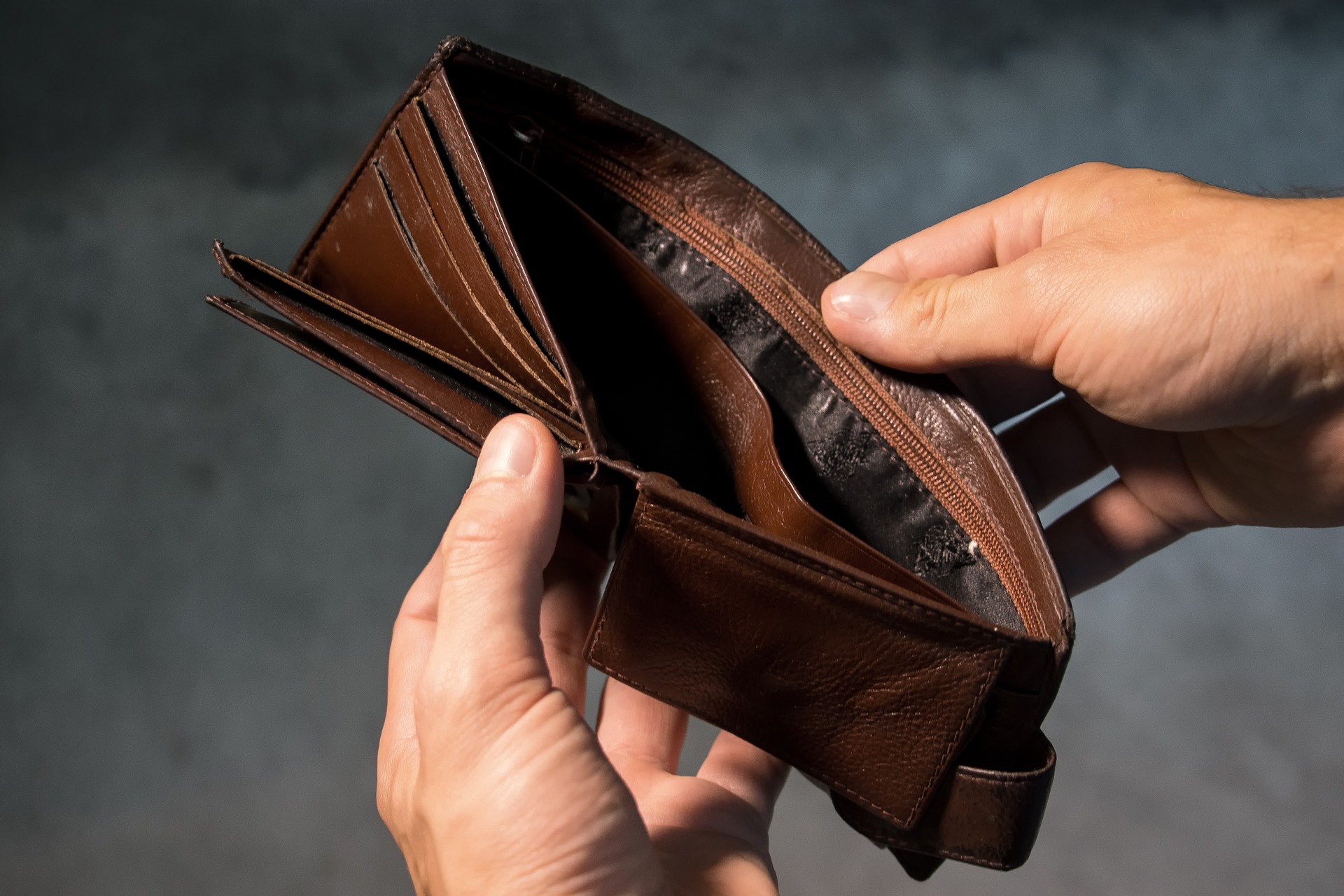Chapter 7 bankruptcy protection can get rid of credit card debt and provides for the elimination or discharge of debts while protecting assets from creditors, collectors, and court judgments. At The Law Offices of Neil Crane, in Hamden, Connecticut, we have successfully provided over ten thousand families with Chapter 7 bankruptcy relief. We are the largest provider of Chapter 7 relief in Connecticut.
Can you get rid of credit card debt by discharging it in bankruptcy?
Chapter 7 bankruptcy provides permanent legal relief from various forms of debt; including:
Unsecured debt relief: Filing Chapter 7 bankruptcy relieves most unsecured debt obligations, like credit card debt and personal loans. This enables people to focus their financial resources on more critical debts, like making mortgage payments, rent and car payments. Unsecured debt is the worst form of indebtedness, since it has the highest interest rates and the longest payment terms. Unsecured debt destroys the ability to pay more important obligations by undermining a family’s Debt-to-Income ratio.
- State and federal tax relief: Chapter 7 bankruptcy provides for the discharge of certain types of federal and state income tax debt. Qualifying for the discharge of local, state and federal tax debt requires the assistance of experienced bankruptcy legal counsel.
Bankruptcy Offers A Fresh Financial Start
Chapter 7, Chapter 11 and Chapter 13 bankruptcy filings provide an automatic stay, which halts liens, levies, garnishments, lawsuits or collection actions. The bankruptcy filing also relieves you or your business of various types of unsecured debt.
Benefits of Getting Rid of Credit Card Debt
Credit card debt has high interest and low principal payment. It stresses the family budget each month and is rarely ever reduced or eliminated. Credit card use leads to credit card dependence, as high interest credit cards are used for all family necessities like gas, groceries, and even the smallest of purchases. This is called credit card dependence, and it quickly interferes with much more important car payments and mortgage payments, leading to further borrowing on credit cards in an endless cycle with a story that never ends well for you or your family.
Maintaining low debt-to-income ratios are essential to Connecticut middle class families, and most families cannot afford to lose any current monthly money to credit card debt for past purchases. Credit card debt is a permanent and unproductive form of debt. You can’t drive it or live in it, and often, credit card payments can lead to more credit card use to just make minimum payments and then car repossession and home foreclosures. Controlling or eliminating credit card debt is the key step to long-term financial health and home ownership in Connecticut.
Since 1983, we have been helping people just like you find the debt relief necessary to get their finances permanently back on track. A financial fresh start through bankruptcy allows you to completely discharge all unsecured debts (e.g., credit card debt). Debt discharge and bankruptcy can help you in several other ways, including:
- Discharging tax debt
- Freeing up money to pay off secured debt such as a mortgage loan or auto loan
- Helping you rebuild your credit score
- Placing an automatic stay on all collection actions
- Protecting other assets
- Removing tax liens and levies
- Stopping and preventing repossessions
- Stopping creditor harassment
- Stopping foreclosure
- Stopping unfair debt collection practices
We can protect your assets on a path to a financial fresh start through bankruptcy protection. We help you find the permanent debt relief you need with personalized legal help. With six different office locations throughout Connecticut, we are available to meet with you at your convenience to map out a plan for your best possible debt relief option and a successful financial future.
Talk to a Bankruptcy Lawyer About How Chapter 7 Can Get Rid of Credit Card Debt
We offer free consultations. Please do not hesitate to call us today at 203-230-2233, or complete our online contact form to discuss your questions and concerns with an experienced attorney.

